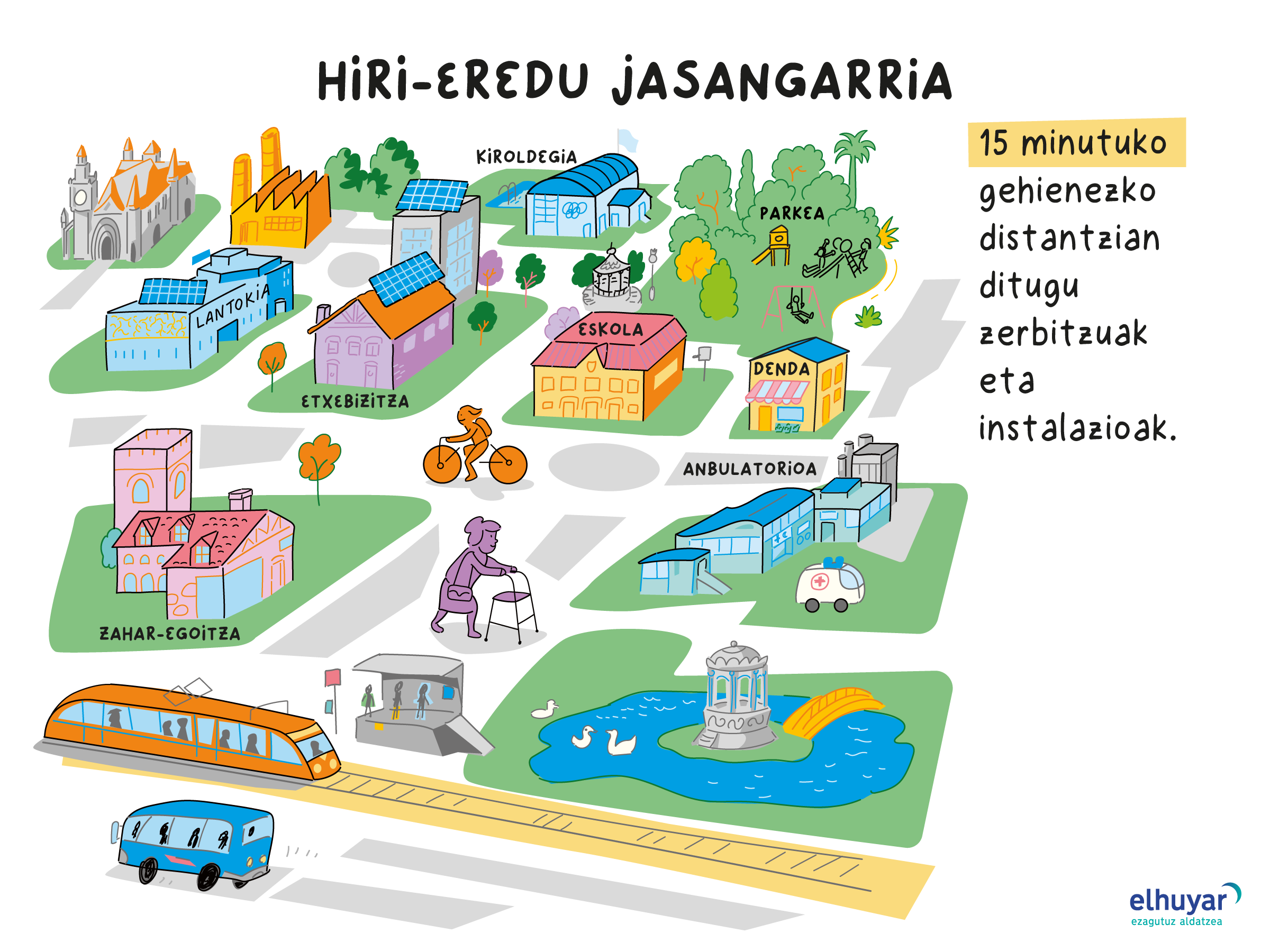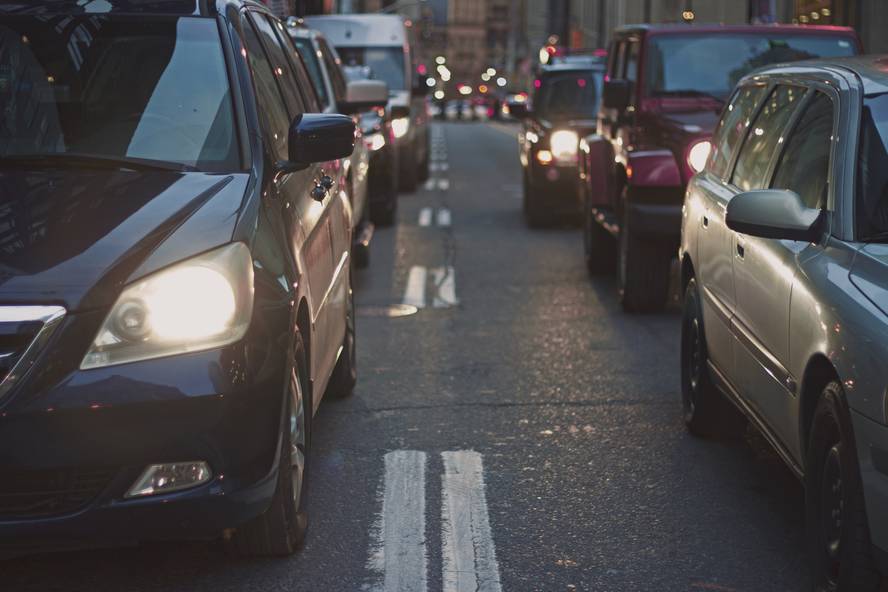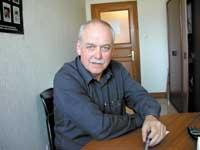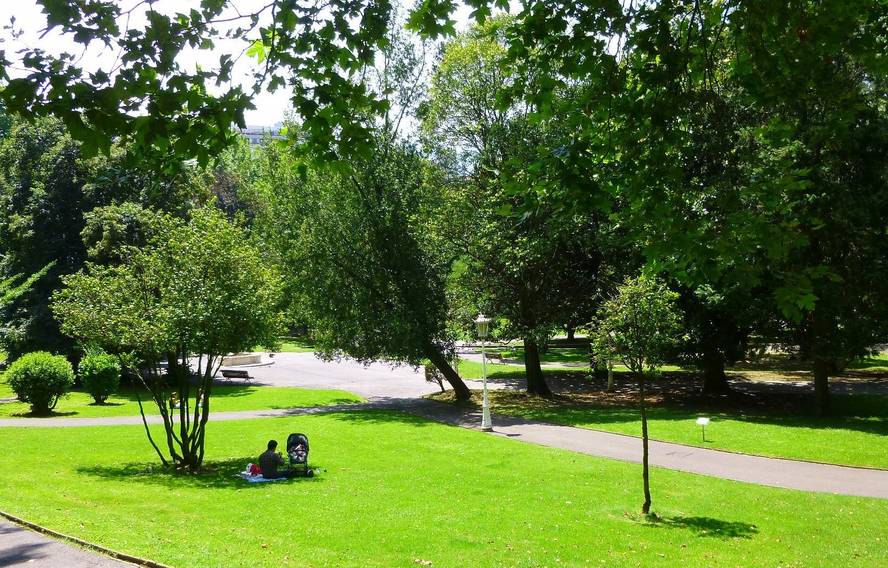15 minute city
2024/02/28 Elhuyar

Urbanism also plays an important role in the materialization of these desirable future represented. Today's cities have a productivist organization focused on organizing productive work, transportation and consumption. That is why they are organized by industrial, commercial and residential areas. And to connect them, cities are crossed by broad and fast avenues.
This model of productive urbanism excludes human well-being itself. Transport and consumption are the protagonists, not the people. Moreover, we are a Motonormatica society: the normal, the norm, is to be an autonomous; the exception, out of the norm, not to have a car. An entire structure ensures that the motorist and driving are natural, neutral, which makes it difficult to see the privileges granted to cars in the city and that in the organization of the city there is a bias with respect to the non-owners.
Feminist urbanism proposes new proposals: a model of urbanism that puts human welfare and conservation at the centre. They propose to recover the street for people, eliminating the prominence and space of vehicles. Because the current dominant model excludes many people. It is a dangerous space for children and the elderly, among others. The centralization of well-being requires an open look and a redesign of urban spaces: integration of green and blue spaces, creation of friendly meeting spaces, shelters for rain protection, recovery of playing conditions in the street, reduction of traffic noise…
But for this to work, you really have to flee the dispersed structure of cities and follow the 15-minute rule. Now neighborhoods are not self-contained and complete: people go to the center to socialize, to buy out shopping malls and to work further away. Another more sustainable way of life is that of a city organized by neighborhoods, in which people within a kilometer radius and at a maximum distance of 15 minutes have shops, health centers, schools, work centers, sports centers, cultural activities, natural spaces… so that they can walk or bike. This would reduce traffic and car pollution, improve health, reduce urban energy consumption and improve air quality.
Which people do you represent?
To delve into the contents click here.
This project, promoted by Elhuyar, is supported by the Department of Economic Promotion and Strategic Projects of the Provincial Council of Gipuzkoa.

Gai honi buruzko eduki gehiago
Elhuyarrek garatutako teknologia






